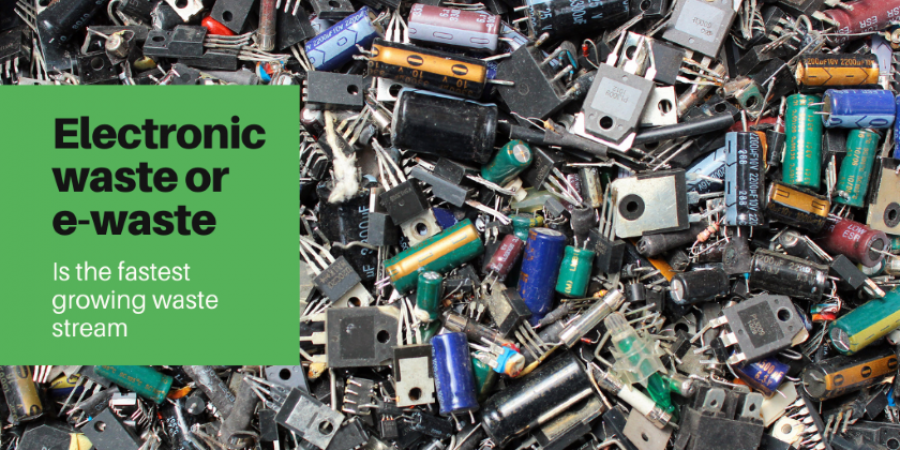
A groundbreaking £3.5 million research centre has been launched to tackle two major challenges facing Africa: energy access and electronic waste. The Circular Economy Powered Renewable Energy Centre (CEPREC), funded by the UK Government’s Ayrton Fund, aims to develop sustainable energy solutions while promoting a circular economy across sub-Saharan Africa.
Bringing together more than 30 partners from academia, industry, and government across the UK and Africa, CEPREC focuses on integrating renewable energy with waste recycling. By repurposing discarded electronics into valuable resources, the centre seeks to address energy shortages while mitigating the growing e-waste crisis.
Initially, CEPREC will operate in six African countries—Nigeria, South Africa, Kenya, Sierra Leone, Namibia, and Rwanda—chosen for their diverse energy landscapes. Energy access rates vary widely, from 85% in South Africa to just 5% in rural Sierra Leone, requiring tailored approaches to ensure adaptability and long-term sustainability.
The initiative is supported by 11 key institutions from Africa and the UK, including:
-
De Montfort University, University of Warwick, and Chatham House (UK)
-
Strathmore University and University of Nairobi (Kenya)
-
University of Lagos and University of Nigeria (Nigeria)
-
University of Namibia (Namibia)
-
University of Sierra Leone (Sierra Leone)
-
Kigali Collaborative Research Centre (Rwanda)
-
Tshwane University of Technology (South Africa)
Speaking on the initiative, Professor Muyiwa Oyinlola, Director of CEPREC and an expert in sustainable development at De Montfort University, emphasized its impact. “By addressing such diverse conditions, CEPREC ensures its solutions are both practical and scalable. We’re not just developing technology; we’re creating opportunities for economic growth and energy security.”
A key component of CEPREC’s strategy is bridging the gap between research and policy. In collaboration with Chatham House, a leading policy institute, the centre will translate research into actionable recommendations to shape national and regional energy policies. Dr Patrick Schroeder, Senior Research Fellow at Chatham House, highlighted the importance of policy engagement, stating, “Circular economy principles are essential for sustainable development. The policy must support innovation to ensure long-term impact.”
Beyond research and policy, CEPREC places a strong emphasis on capacity building. The initiative will train local researchers, entrepreneurs, and policymakers, equipping them with the skills needed to expand renewable energy solutions. Workshops, training programs, and interdisciplinary collaborations will be key to achieving this goal.
The project aligns with global sustainability goals, particularly the United Nations Sustainable Development Goals (SDGs) on clean energy, responsible consumption, and climate action. With a holistic approach that combines technological innovation, policy engagement, and community-driven development, CEPREC is poised to transform Africa’s energy landscape while tackling environmental challenges.
Article by Nyokabi Wanjiku
Photo/Google

Comment